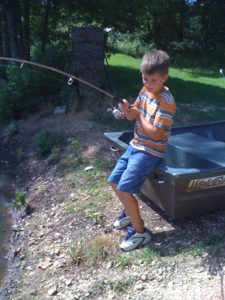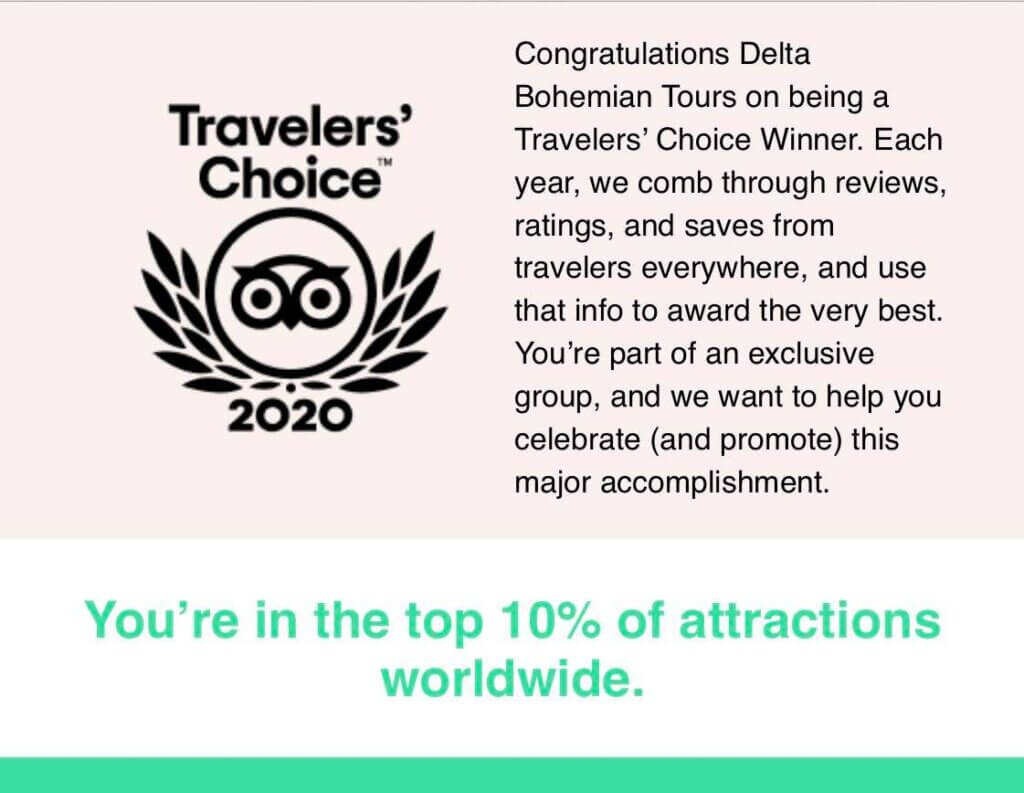POOR WILLIAM’S WHIMS:
Moonburn, Socrates and Bird Nests
By POOR WILLIAM
“Daddy, can you get Moonburn?” asked the five-year-old prince, Will Howell — the Younger, but not the Lesser. What a fantastic question.
Have you never read, “from the lips of children and infants you have ordained praise?”
Now, how can a question like my son’s indicate praise on the part of a wee-child?
Through an inquisitive nature, tuition honed early by looking beyond himself, and enough time spent outside doing what young boys used to do with relentless perfection — playing, star-gazing, getting dirty, genially irritating girls and trying to figure out why kittens can’t swim — long story here — Will has proven that an agrarian existence lends itself to a child being able to see, explore and recognize God’s creation in all its magnificent glory.
It is in questioning that we learn, and in learning where we have the opportunity to will right, and in willing right where we demonstrate the desire to do right in making a difference in the lives of others.
The noted Greek philosopher, Socrates, whom the Socratic method of instruction was named for, sought to increase his students’ understanding through inquiry.
In the process of asking questions, based follow-up answers, Socrates asked more questions, which led students — often Plato himself — to self-discover more about the subject being discussed.
Humans learn more when we self-discover information, because we are vested in the process. We take pride in our self-perceived genius, and when we arrive at an answer on our own, then it is more likely to be understood and retained more succinctly and permanently in our memory and our psyche.
Albert Einstein, arguably not an idiot, said, “I have no particular talent. I am merely inquisitive.” These incredible words from a genius attribute his gifting and insight to his desire to answer the question, “why?”
When Poor William was teaching in the Delta, something that consistently broke his heart was the lack of inquisitiveness seen among most of his students.
Not that this was indicative of a generalized lack of intelligence, but it was deeply concerning that the children did not exhibit a desire to understand how and why things operate as they do.
Inquisitiveness was not fostered in them from an early age. The presentation of new information was difficult, as there was little knowledge and information to hang or build new information on.
Video games, television, data-oriented cell phones and a general cynicism and malaise have helped shape the majority of us into mindless robots with sound bite mentalities, poor critical thinking skills, and the erosion of our God-given inquisitive natures.
In his epistle to the Romans, Paul wrote, “For since the creation of the world His invisible attributes are clearly seen, being understood by the things that are made, even His eternal power and Godhead, so that they are without excuse.”
Paul seems to imply mankind should recognize God by his creation — the order and beauty of those things seen.
Poor William sees order not just “banging” into existence, similar to the impossibility of a junk yard blowing up and creating a perfectly operational Lexus or laptop.
The prospect of moonburn is way “outside the proverbial box,” and for those not shackled by overly conventional thinking, possibilities without boundaries open before them. Many of those who would attempt to squelch Poor William and other romantic dreamers might be prone to say that the concept is ludicrous.
For my five-year-old son to ask, “Dad, can you get moonburn?” — just totally out of the blue — is incredible — incredible enough that I named my river-worthy canoe, “Will’s Moonburn.”
Thankfully, Poor William did not hear of or think about the concept of moonburn during his misspent youth, as he likely would have contracted it prior to setting up residence at Whitfield.
Poor William remembers a little girl who one day pointed out every bird nests in the trees lining the road. I had never before seen any of the bird nests in this particular stretch of trees, but you can bet I saw everyone of them after that day.
We don’t see bird nests unless we are looking for them, or are not so bogged down with the daily stressors ruling our lives that we have time to contemplate the majesty of a bird nest or the possibilities of moonburn.
Poor William wants to see the often-not-seen, and he wants to learn about things beyond his comprehension from the mouth of babes—particularly one he sired in love. Long live the prospect of moonburn.











Brings back memories of a day on the beach in the Bahamas with my then seven year-old daughter who wanted an afternnon snack. Even then she knew the magical words to get my fat ass off the lounge chair. “Hey dad, how about we get you another Jack and Jack?” Yes Willy, from the mouths of babes…
COULD I BORROW YOUR INTUITIVE, PRECOCIOUS, CHILD TO BRING ME MY DRINKS WHEN I GO ON VACATION! YOU HAVE REARED YOUR CHILDREN WELL INDEED, LD! CHECK OUT MR. MARCH ON THE DELTA BOHEMIAN; I THINK YOU WILL RECOGNIZE HIM! 🙂
Damn. Billy! I just stood up and cheered. You go Dude!
P.S. Try to give me a little more heads up time before the next canoe adventure.